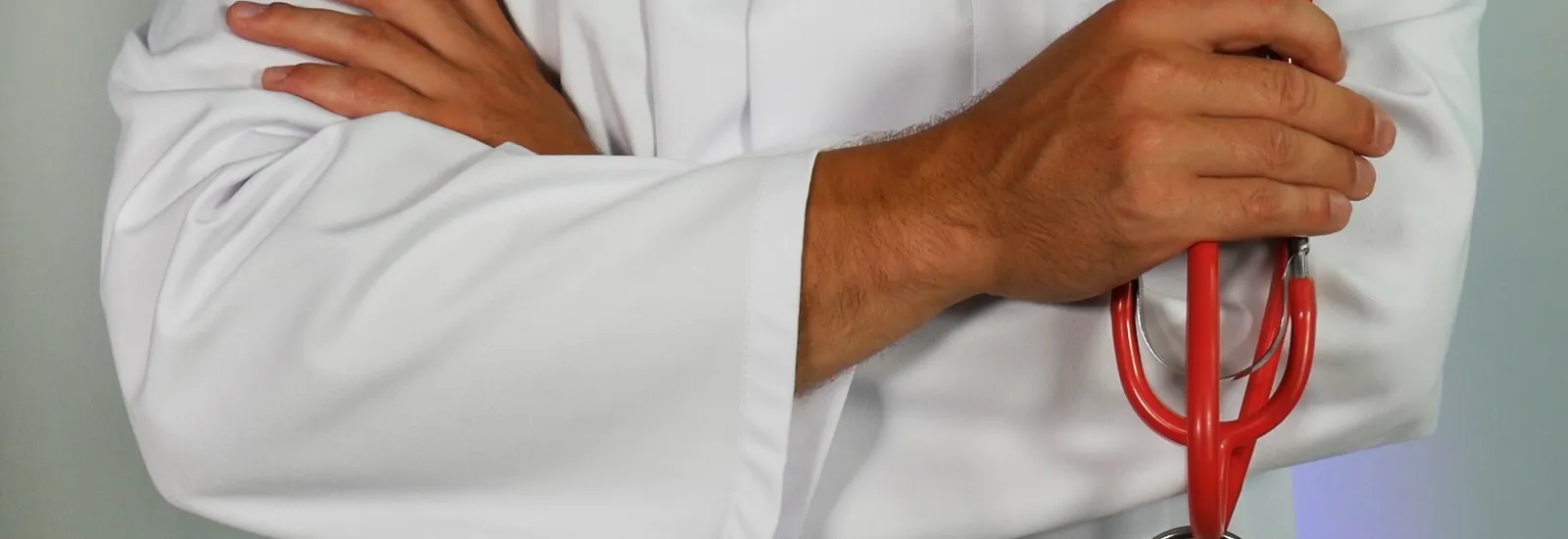
When to choose an urgent care facility
If you have a serious sudden injury or illness, it can be hard to know whether to go to an urgent care facility such as Reid Health's Urgent Care locations in Richmond and Connersville or the emergency room.
It seems like illness and injury often happen on the weekends or after-hours. It could be your baby has a high fever, you roll an ankle, or your child has sudden and intense abdominal pain in the middle of the night. Oftentimes, you're unsure where to seek care, especially if your regular doctor's office is closed. The difference between urgent care and the emergency room is important to understand so you can seek the treatment you need. Here are some guidelines to help you decide:
When to go to the emergency room
First, for true emergencies, always call 911. If you're in doubt, it's best to err on the side of caution.
If it's less than a 911 call but you're not sure if an urgent care facility is right for you, check out this list of serious situations — those that really require the complex and critical care support Reid Health's Emergency Department provides:
- Chest pain
- Shortness of breath
- Abdominal pain
- Broken bones
- Unexplained slurred speech
- Severe burns
- Mental health issues
- High blood sugar
- Foreign objects stuck in your body
- Intense headaches
- Skin infections or abscesses
- Open wounds
- Severed limbs
When to use urgent care
For situations where you'd normally go to your primary care physician but can't get in soon enough -- or perhaps don't have one at the moment -- an urgent care center is your best bet. Urgent care is a walk-in clinic that can provide treatment for injuries and illnesses that need immediate attention but aren't serious or severe enough to warrant the ER. These situations include:
- Sinus pain
- Colds or flu
- Sprains
- Simple rashes
- Sore throats
- Conjunctivitis
- Ear infections
General guidelines in an urgent or emergency situation
If possible, contact your primary care physician first. Many doctor's offices have answering services for after-hours and can page the on-call doctor. You might be able to get the best advice about what to do from your physician. Don't call the emergency department. Emergency staff can't offer any medical advice over the phone.
If in doubt about your ability to drive yourself to the ER, call 911. If you're having severe bleeding, chest pain, feel faint, or your vision is impaired, you shouldn't be driving. If you suspect a heart attack or stroke, 911 is your best choice as paramedics can deliver life-saving treatment while transporting you.
Urgent care centers are there to fill a gap when you're injured or sick but your regular doctor isn't available. Emergency departments are meant to treat complex or critical situations that are life- and limb-threatening. Follow these guidelines and you'll get the care needed.


